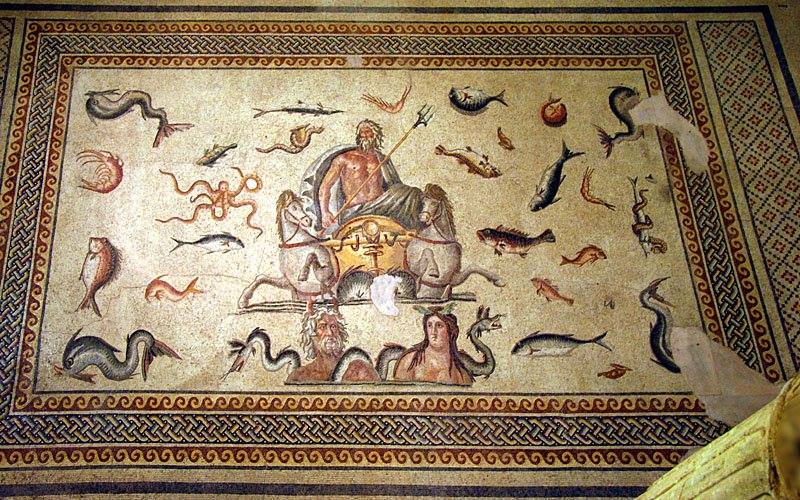Ovid finished Metamorphoses before his expulsion from Rome, but reportedly burned his manuscript. The book survived because friends had copies -- imperfect, perhaps, but better than nothing. From afar he directed them to protect the poem, even as he continued working on Fasti, his effort to fill in the key days of the Roman Calendar as revised by Caesar and ordered by Augustus.
The Fasti has received more scholarly attention of late, and a new prose translation arrived in April, appropriately the month of Venus. Anne and Peter Wiseman's version of the poem, done for Oxford World Classics, is in prose and annotated with a good introduction, situating the poem and its material in context.
Scholars are divided over whether the poem is wholly invested in the Roman traditions and myth as set forth under the new imperial order, or whether Ovid, being Ovid, is least in part conducting an indirect but radical critique of that order. (Some of the more recent work on the poem is discussed here, here and here, and much more can be found with a simple search.)
The question of the poem's vision of Rome and its new order is one major issue. Another would be the relationship of the many stories and mythic tales in the Fasti to the Metamorphoses. We saw many examples of Ovid's consciousness of earlier poets in the latter poem, usually in relation to Virgil, Homer, and the Greek tragedians. Fasti seems to bear the additional dimension of writing with his own prior masterpiece in view.
For example near the very beginning of Fasti there's a retelling of the origin of the world tale as told in Metamorphoses I. Except now the purely Roman god Janus is equated with Chaos as well as with the order that arises from it. Not only is Janus affirmed to be the first and most powerful god, but he then puts in an appearance, visiting Ovid as he's writing about Janus, and willingly answers several questions the poet puts to him. Ovid is having fun, but he's also setting his book of days in relation to the Metamorphoses, and expects us to be cognizant of their intertextual play.
I'm enjoying reading the Wiseman version of the poem, and am also looking at Tony Kline's free online version, and the older translation by Frazer used in the Loeb edition and available in Theoi.
It is worth pondering what necessitated that this poet of Amor be placed at the very edge of the Roman empire by order of Augustus. Ovid himself knew how troublesome love can be to those who rule:
Non bene conveniunt nec in una sede morantur
maiestas et amor:
Royalty and loveOvid never stopped writing. Fasti ends with June -- something disrupted that project -- but Ovid kept going -- the Tristia, the Ibis, and more. It's doubtful whether, in the millennia since his residence in Tomis, real poetry has managed more than a marginal relation to the centers of power in the West.
do not sit well together, nor stay long in the same house



No comments:
Post a Comment